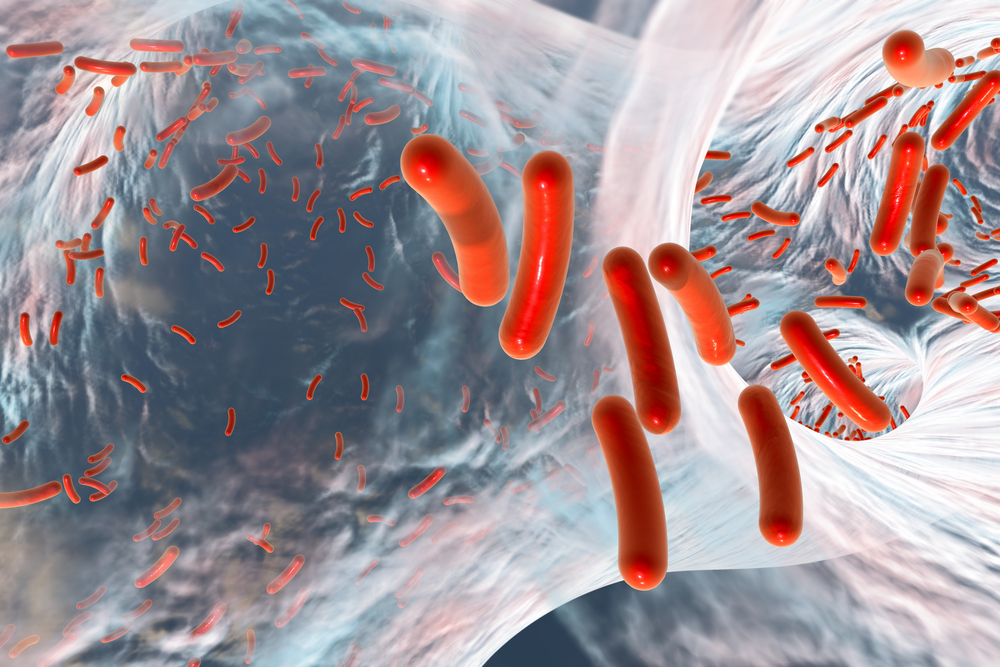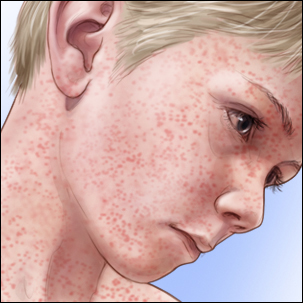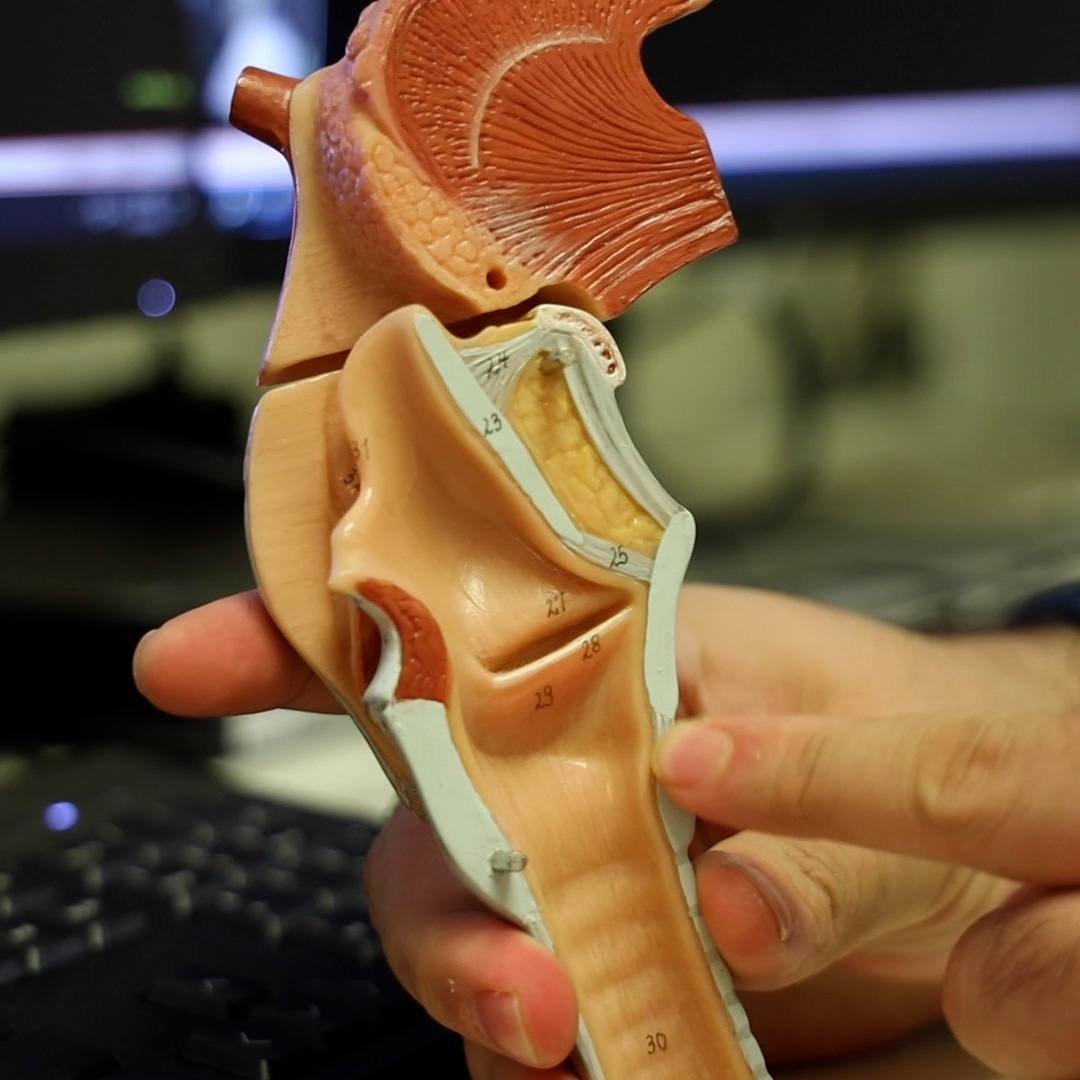-
Featured News
November is C. diff Awareness Month. Mayo Clinic experts available for interviews

ROCHESTER, Minn. — November is C. diff awareness month, a time to focus on raising awareness about the prevention and treatment of Clostridium Difficile Infections. Mayo Clinic experts are available for interviews.
“C. diff is a bacterial infection that causes symptoms ranging from diarrhea to life-threatening inflammation of the colon,” says Darrell Pardi, M.D., a gastroenterologist at Mayo Clinic.
“While C. diff traditionally affected older adults in hospitals or long-term care facilities, studies show increasing rates of C. diff infection among younger and healthy individuals without a history of antibiotic use or exposure to health care facilities.”
According to the Centers for Disease Control, C. diff infections in the U.S. increased by 8 percent between 2015 and 2016.
Dr. Pardi says physicians may suspect C. diff in anyone with sustained diarrhea who has taken antibiotics within the past two months or when diarrhea develops a few days after hospitalization. In these cases, he says physicians typically order a stool test to check for C. diff bacteria or the toxin produced by the bacteria. Sometimes, an imaging exam such as an abdominal X-ray or a CT scan is done, to check for complications such as thickening of the colon wall, expansion of the bowel or a perforation in the lining of the colon.
If physicians diagnose C. diff, Dr. Pardi says the first step is for patients to stop taking the antibiotic that triggered the infection. He says depending on the severity the infection, physicians may recommend treatments including another antibiotic to keep C. diff from growing. Rarely, surgery is performed for patients with sepsis, organ failure, or inflammation of the lining of the abdominal wall.
Dr. Pardi says that up to 20 percent of people initially treated for C. diff may experience a recurrence either because the initial infection never went away or because they are reinfected with a different strain of the bacteria. This risk increases up to 60 percent with more than 2 episodes. He says patients with two or more recurrences, are considered high risk and, treatment may include:
- Prolonged courses of antibiotics
- A fecal microbiota transplant that restores healthy intestinal bacteria by placing another healthy person's (donor) stool in your colon, using a scope or tube. Research has shown fecal microbiota transplant for C. diff has a success rate higher than 90 percent.
- An intravenous infusion of an antibody called bezlotoxumab may be helpful in certain situations.
Mayo Clinic has C. difficile clinics at its Rochester, Minnesota, Scottsdale, Arizona and Jacksonville, Florida campuses. Dr. Pardi and other Mayo Clinic experts are available to discuss C. diff symptoms, diagnosis and treatments. For more information contact Joe Dangor, Mayo Clinic Public Affairs at 507-284 5005, or at newsbureau@mayo.edu.
About Mayo Clinic
Mayo Clinic is a nonprofit organization committed to clinical practice, education and research, providing expert, comprehensive care to everyone who needs healing. Learn more about Mayo Clinic. Visit the Mayo Clinic News Network.
Related Articles







